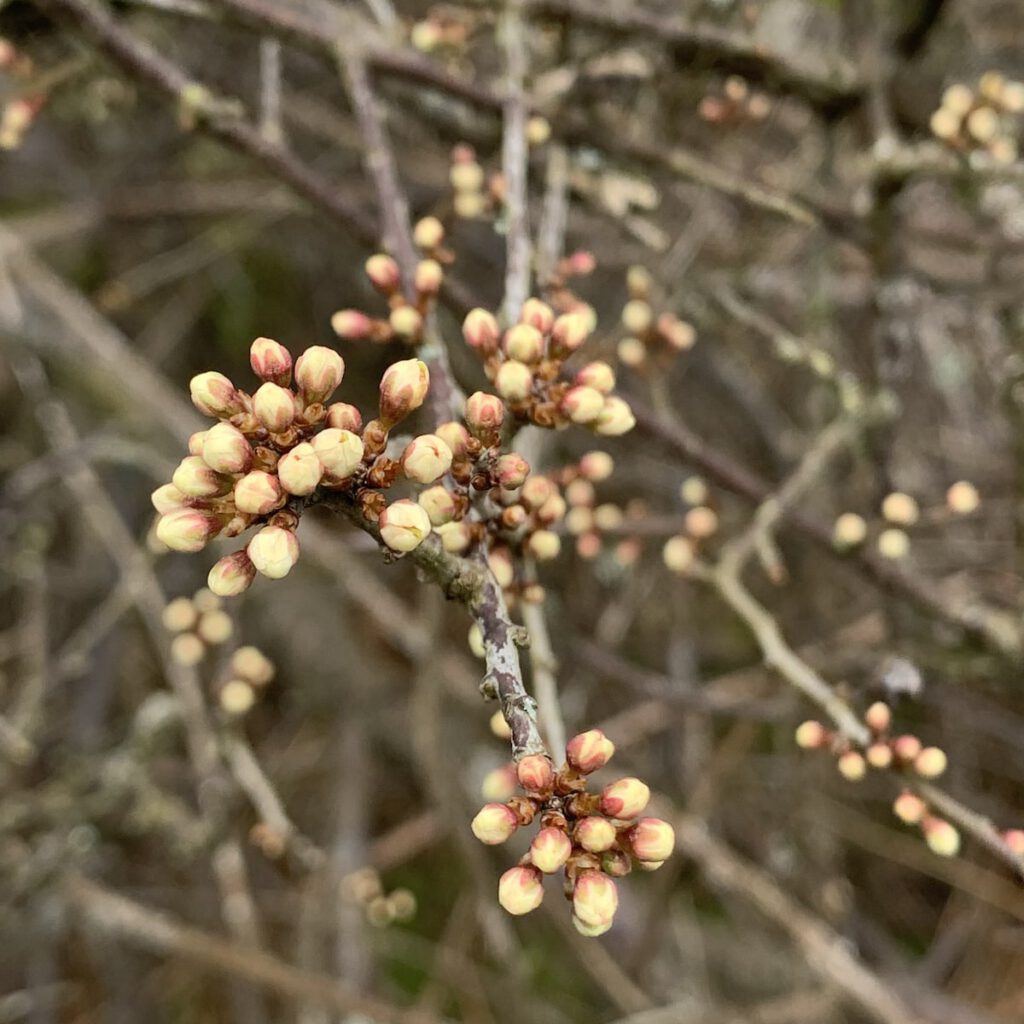Nice dub metaphor. from an undisclosed location, which sounds idilic.
Category Archives: Micro
Read: A Line Made by Walking by Sara Baume ★★★★☆ 📚
Depressed young artist in the Irish countryside. Had me completely invested & worrying about the outcome throughout. Many short references to & descriptions of pieces of conceptual art are thought provoking.
Philip K. Dick and the Fake Humans – Boston Review suggested by John Naughton was an interesting read. Nice featured image too. I followed the attribution link to Flickr and found I’d, in the dim distant past, favoured it.
Bookmarked What I Mean When I Say Critical AI Literacy by .
Readings/videos on inequality/oppression created, exacerbated, or reproduced by AI/algorithms:
Interesting thoughts & a collection of links to look through. Holiday reading.
Well, it’s come to this. Twitter is burning, a billionaire owes money, an API will soon get lobotomized, so Bridgy‘s Twitter support will die within the month.
A lot of the reactions on my blog come from Twitter thanks to Bridgy. A marvellous service. I really disliked it when Twitter swallowed comments, then Bridgy came to the rescue. Thanks so much for all of Bridgy.
evidence-led innovation
Ollie Brae’s tweet, leads to Game Over for Maths A-level — Conrad Wolfram
The combination of ChatGPT with its Wolfram plug-in just scored 96% in a UK Maths A-level paper, the exam taken at the end of school, as a crucial metric for university entrance. (That compares to 43% for ChatGPT alone).
Wrong conclusion: ban it. Right conclusion: change what humans are learning so they step up a level, and don’t compete with what AIs do well.
Wolfram goes on to explain that an overhaul of the math curriculum is long overdue, and quotes himself from 3 years ago:
Today’s ecosystem of education doesn’t easily support such subject change. From assessments tied to today’s subjects, to too short a time horizon, to evidence-led innovation rather than innovation-led evidence, there’s everything to prevent core subject change and seemingly nothing to promote it. Except, eventually, after much disarray, cold, hard failure.
My hi-light. Seeing “evidence-led innovation” as part of the problem was interesting.
Good Call Flickr: the original announcement threw me, I’d no idea how to implement a user agent in my amateur use of the Flickr API or if I’d need to. As a tinker I’ve really enjoyed using the Flickr API over the years. The fact it has never changed has been great for me.
Read: April in Spain by John Banville ★★★★☆ 📚
Slowly building up a few different threads that come together quickly. A lot of fun from the characters as opposed to the plot.


